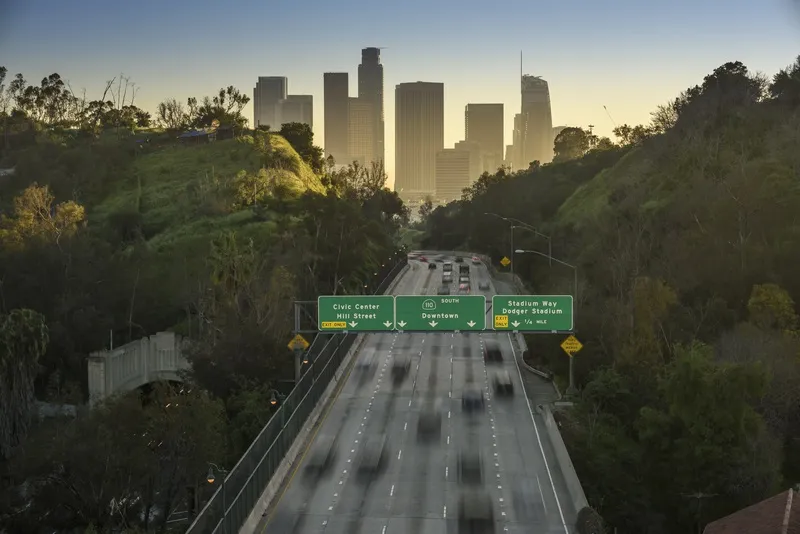
Market research consultancy Northstar says its results show that up to 40% of Americans reduced their use of subways, buses and light rail as a result of the coronavirus pandemic.
Jennifer Yellin, co-lead of Northstar's transportation practice, says public transit authorities are going to suffer revenue losses – which will affect the amount of ongoing cash available to upgrade and maintain systems.
“There is also the potential for increased traffic and congestion on roads, which could result in increased pollution and have longer-range environmental impacts,” she continues. “The ultimate question is whether these riders will return to public transit or stick with their cars long-term."
Other findings revealed that half the respondents are ‘very’ or ‘extremely’ concerned about coronavirus, and 47% believe that they are at least ‘somewhat’ likely to personally contract the virus.
Despite this, only 39% of participants aged 55 or over think they are personally at risk compared with 46% of 18-34 year olds and 53% of 35-54 year olds.
“This group is likely less concerned about personally contracting the virus due to their decreased mobility – as many are retired and are less likely to be travelling, including taking public transportation," Yellin concludes.
The survey findings come as pictures emerged of London’s Underground trains packed with commuters – despite prime minister Boris Johnson insisting that only ‘essential’ journeys should be made.
London mayor Sadiq Khan said: “I cannot say this more strongly: we must stop all non-essential use of public transport now. Employers: please support your staff to work from home unless it's absolutely necessary. Ignoring these rules means more lives lost.”








